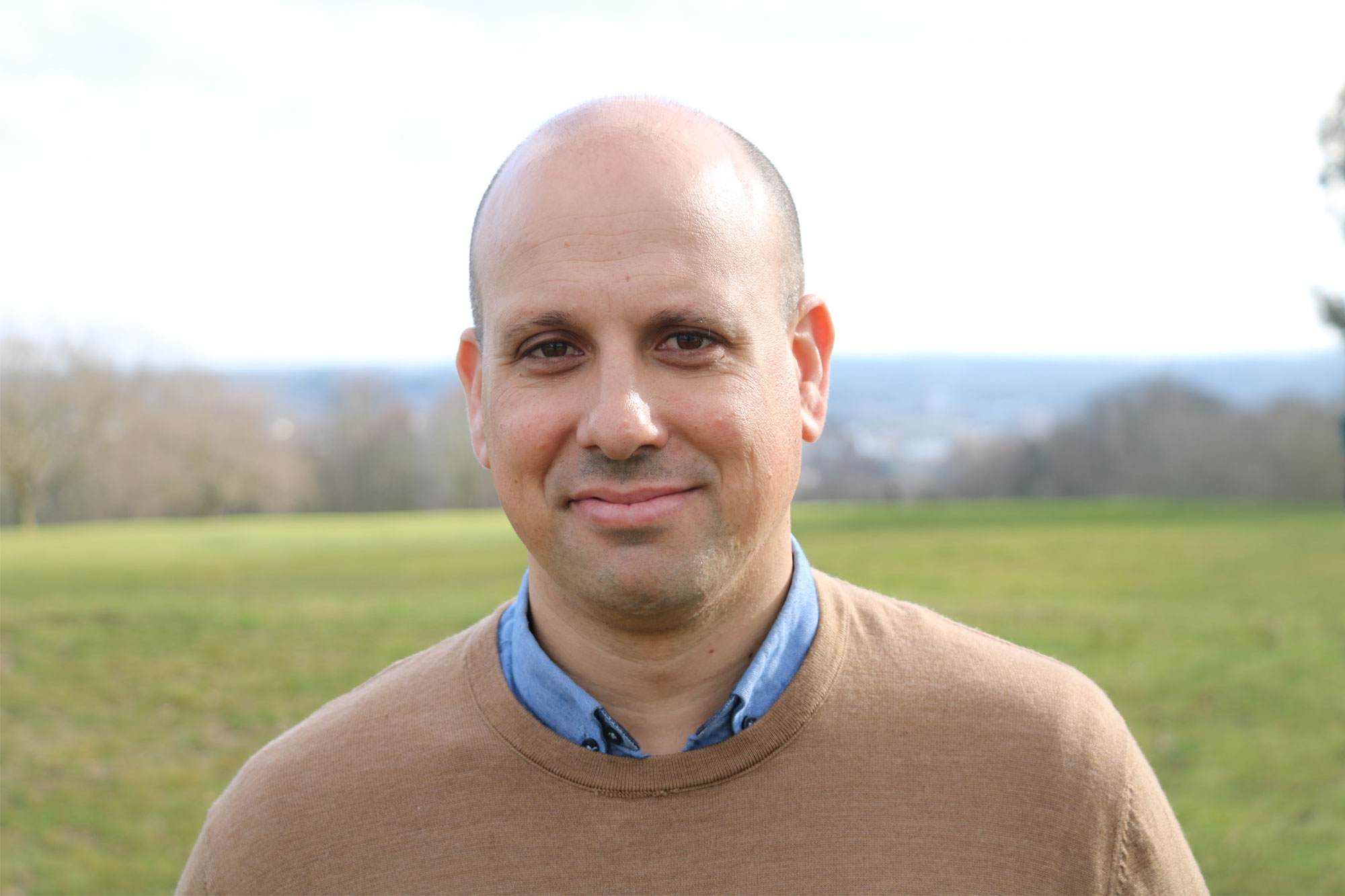Dr Jonathan Rock Rokem has been invited to speak at a special event at Chatham House, The Royal Institute of International Affairs, on Thursday 14th March. The symposium is entitled Architecture, Conflict and Contested Cities and comprises three experts in human geography, urban sociology and architecture to speak about their research in relation to the topic followed by a Q & A session chaired by Dr Champa Patel, Head of Asia-Pacific Programme at Chatham House.
The audience will mostly comprise of Chatham House members, who encompass a diverse range of backgrounds and professions: policy-makers, academics, business people and the media, alongside students and young people interested in international affairs.

Event outline
From Belfast to Jerusalem, cities are often marked by physical manifestations of past and present ethno-national conflicts. Many policy-makers, architects and academics argue that thoughtful urban planning can be used to address inter-communal divisions and promote peaceful cooperation between groups. However, some contest that the physical environment can also be designed to further entrench divisions, an example being the design of public transport links to reinforce area-based housing segregation. Dr Rock Rokem’s research, in particular, investigates the deferential role of transport and mobility infrastructures as tools to govern social life in highly uneven and unequal settings.
Against this backdrop, panellists will assess the relationship between architecture, politics and peace-building in conflict and post-conflict zones. How can cities be understood as both a setting and an instrument in ethno-national conflicts? To what extent can architects play a role in addressing or exacerbating inter-communal tensions? And can the urban landscape ever provide a neutral background for coexistence in divided societies?
Such questions and critical debate form a strong part of the School’s Human Geography programme, launching in September 2019.

